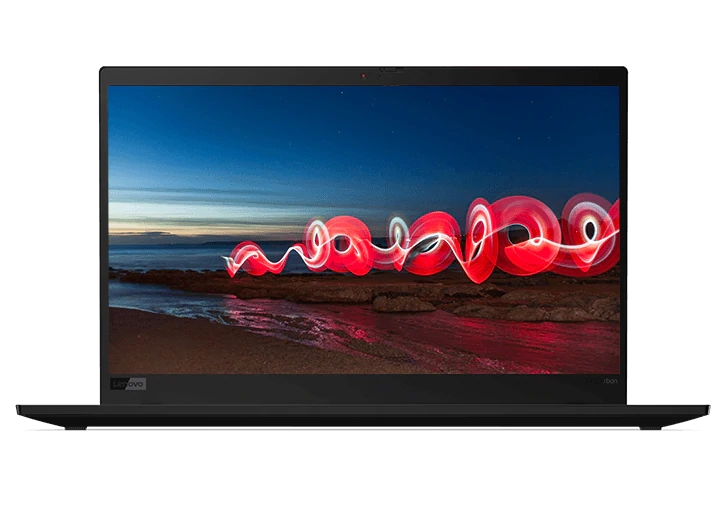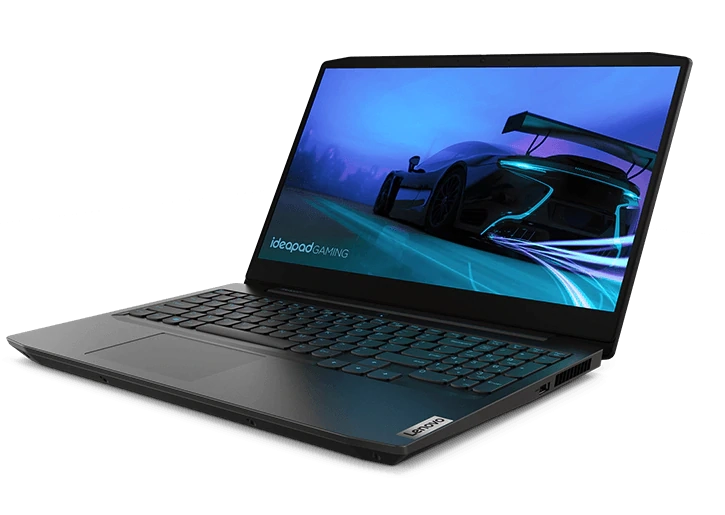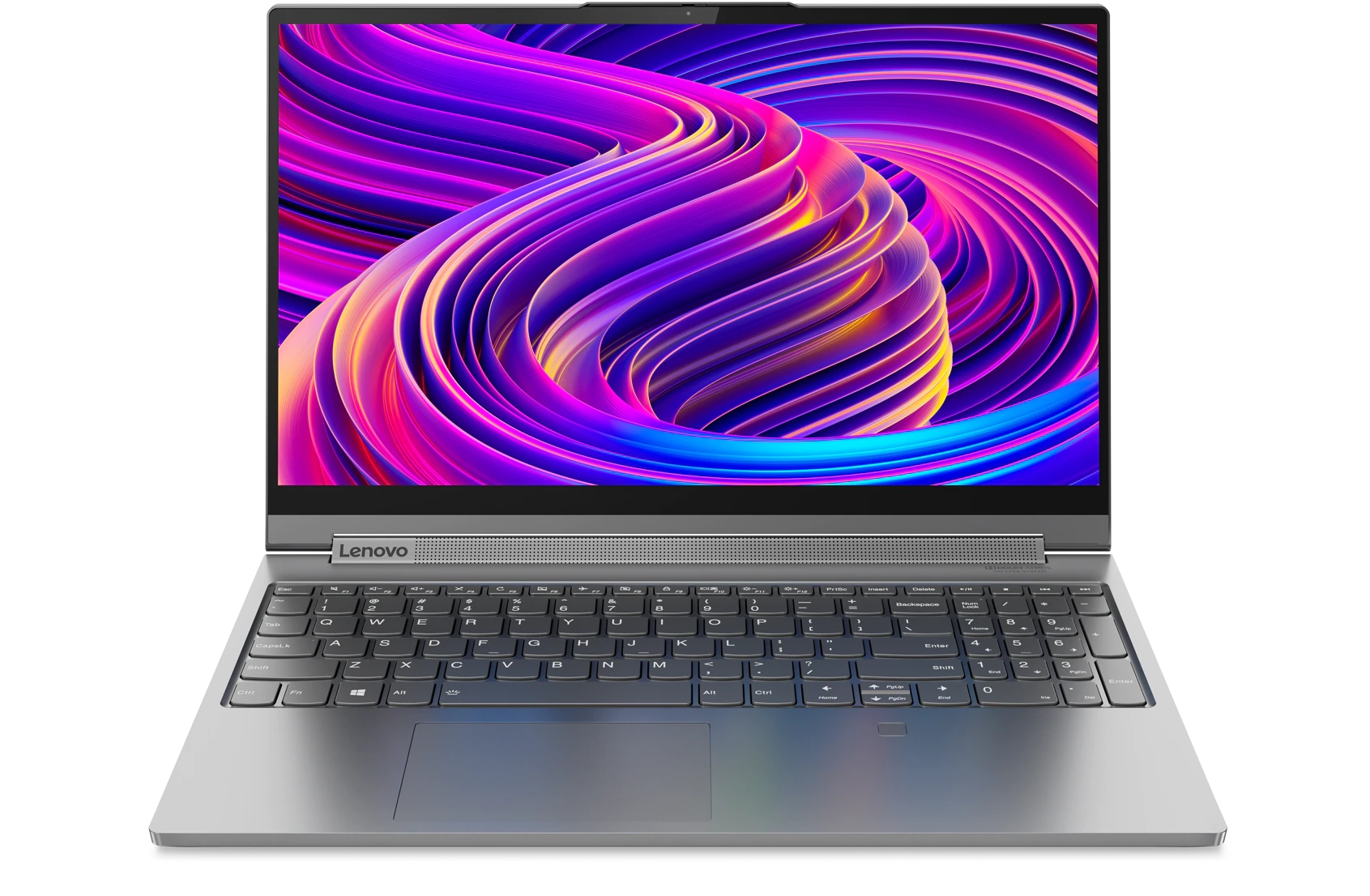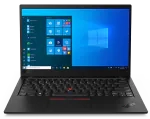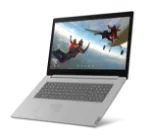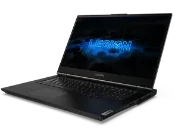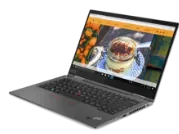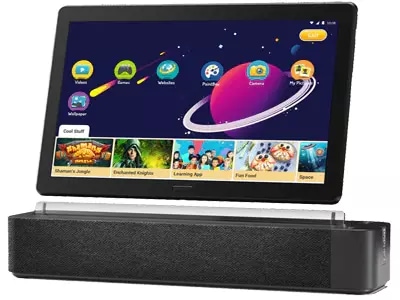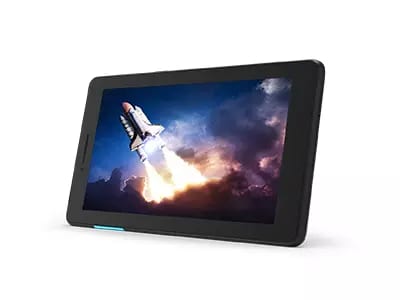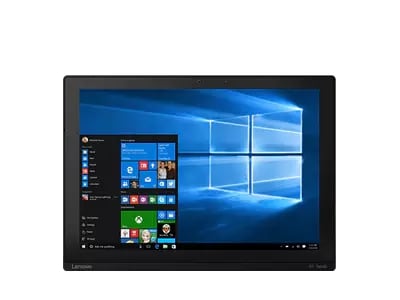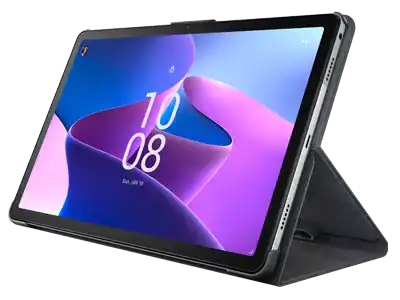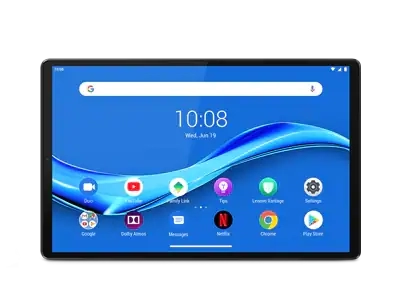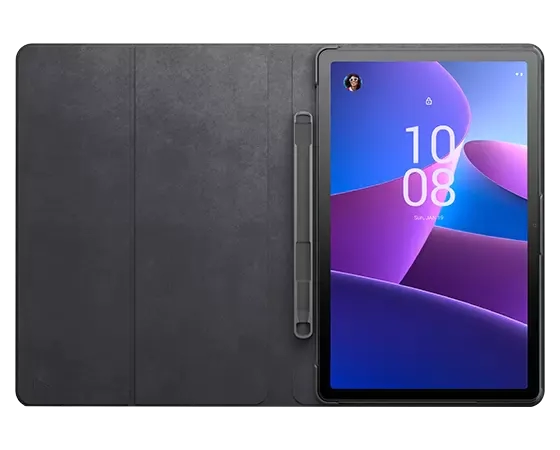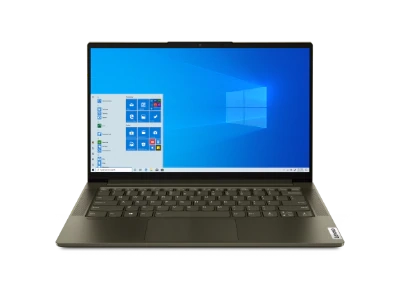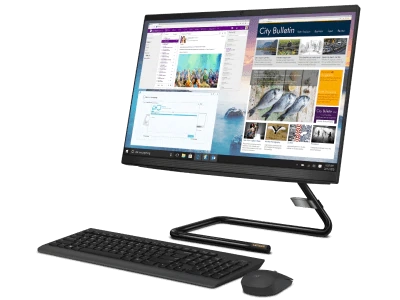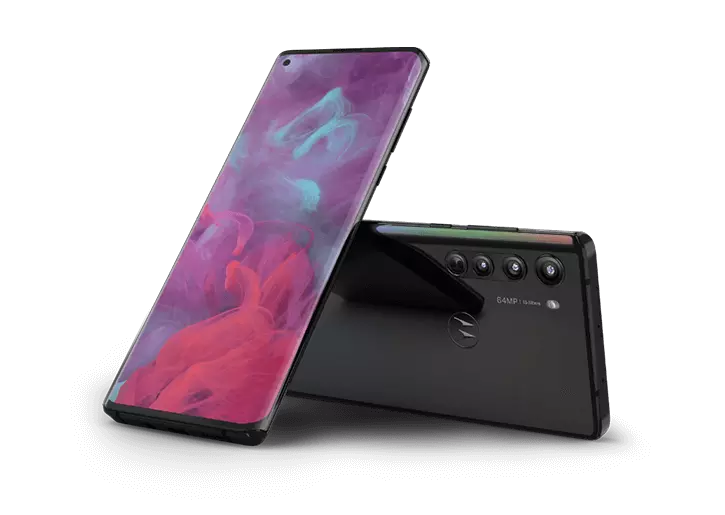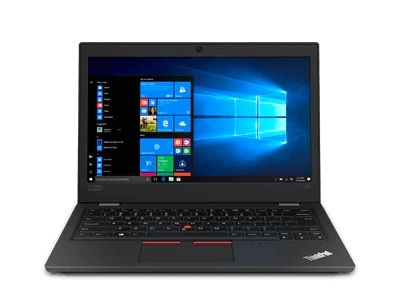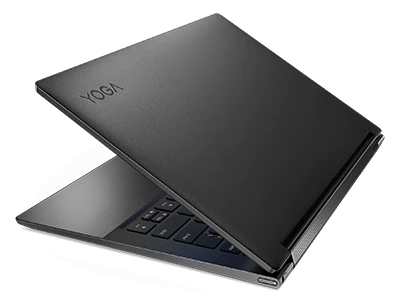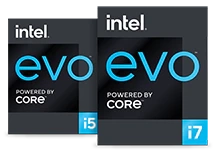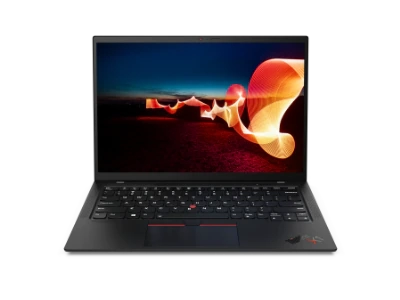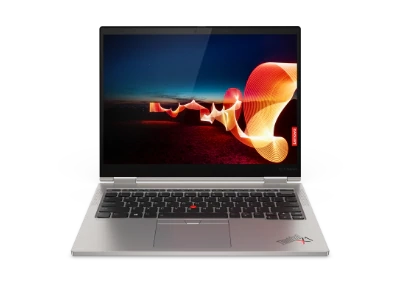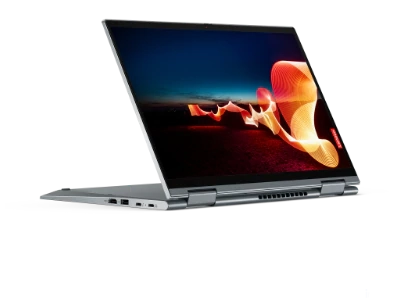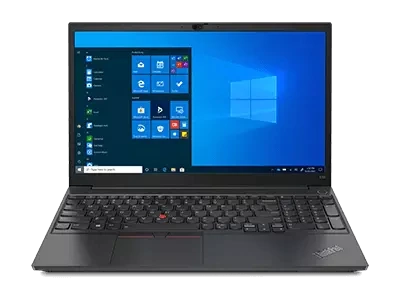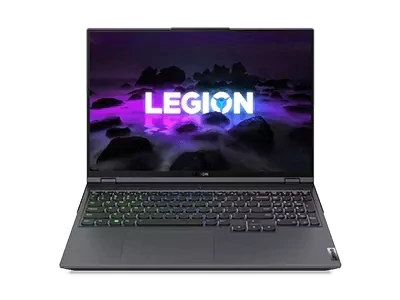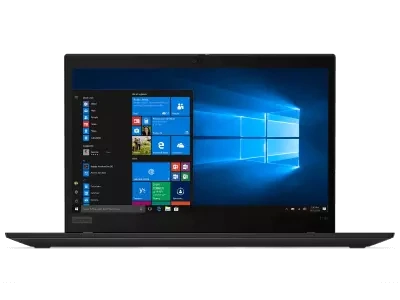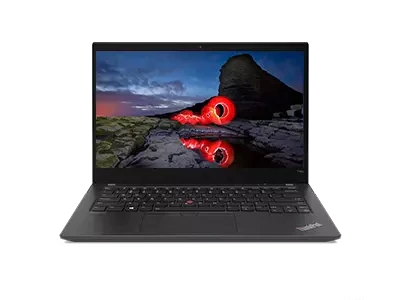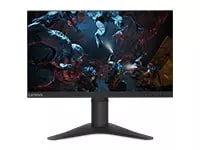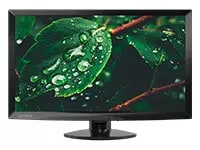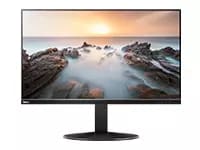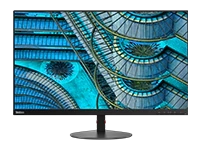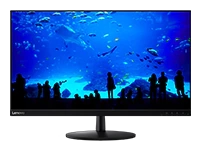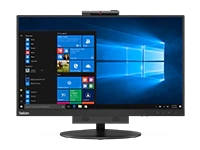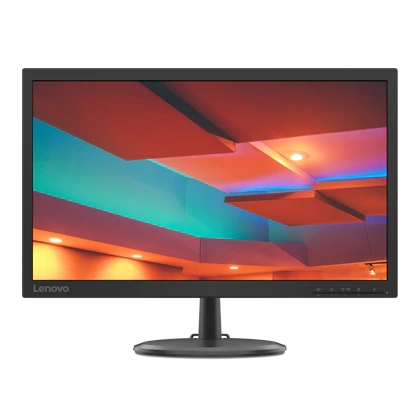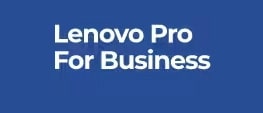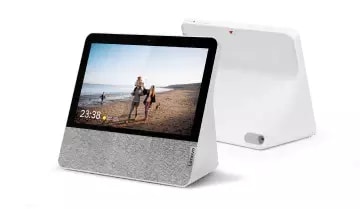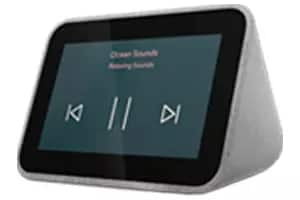What is a Chromebook?
The name says it all. The thing that makes a Chromebook different from other laptop PCs is the Chrome operating system, which is designed to utilize mostly online applications and storage rather than programs and files loaded onto an internal hard drive. The result is a new category of laptop that is very thin, very light -- and very popular.
Chromebooks started as a low-price alternative to conventional laptops -- you can find a variety of full-function models for less than $200. But as users have grown to appreciate their ultra-lightweight, highly mobile design, a wide range of Chromebooks has emerged, including advanced models featuring high-resolution displays and ultra-fast processors available for $700 and higher.
What makes a Chromebook different?
Chromebooks were pioneered by Google, the search engine company that has also introduced game-changing products in other areas, such as the Android operating system for mobile devices. The first Chromebooks hit the market in 2011 and since then, nearly every major PC manufacturer has teamed with Google to create branded Chromebooks of their own.
The big innovation in the Chromebook was its elimination of the typical, multi-function PC operating system that did everything from boot the system and sort documents to run software programs and play DVDs. Instead, Chromebooks use Google's minimalistic Chrome OS, based on open-source Linux. The Chrome OS, in turn, uses the Chrome web browser as its primary user interface (similar to the way other operating systems might launch programs from the so-called "desktop").
As most actions start from the Chrome web browser, most activities performed on a Chromebook are conducted over the web -- viewing movies or other popular content, using web-based office software, saving files to cloud storage, and so on. And because most activity is conducted online, Chromebooks can cut costs (and save weight and thickness) by eliminating traditional optical devices (DVD, CD, etc.) and using comparatively small solid-state storage drives.
Advantages of a Chromebook
With less expensive hardware and software components, Chromebooks have quickly earned a spot in the PC marketplace for buyers seeking a lower-cost laptop that allows them to conduct most activities via the internet. But their popularity has grown beyond the budget-minded alone, with more advanced PC users valuing Chromebooks for their fast boot times, light weight and all-around mobility.
What are some advantages of a Chromebook?
- Long battery life: The minimalistic Chrome OS and absence of a typical spinning hard drive means unplugged times can be longer on a Chromebook.
- Optimized for Google apps: If you already rely on Google's popular apps such as Calendar and Gmail, the Chrome OS is optimized for using them conveniently.
- Fast boot times: With an OS that's intentionally minimalistic and data stored on a solid state drive, a Chromebook has less to accomplish when booting up, so it's ready to use much faster.
- Browser-based simplicity: If you can use a web browser, you can use a Chromebook, since it's primary user interface is the Chrome browser.
- Extremely thin and light: With fewer bulky internal components, Chromebooks are among the thinnest, lightest PC devices available today.
For more, refer to Chromebook vs. laptop: Which is right for me?
Can students use a Chromebook?
Chromebooks can fit the needs of many students, just not every student. They're extremely light and portable, among the least expensive laptop-style systems available, and the Chrome OS is very easy to learn and use. But since Chromebooks have less internal storage than comparable devices and do most of their work via remote cloud services and web apps, they're best suited to users who are comfortable working that way, less so for those who prefer loading programs and saving multi-gigabyte files locally.
A Chromebook could be a good, economical choice for a student who will mostly read books, write papers and conduct web research (along with other important student activities such as posting social media, editing photos, and so on). Google has built a broad universe of useful word processing and other applications for which Chromebooks come pre-optimized (Google Photos, Docs, Music, Drive and more), and other software makers have released Chrome OS or cloud-based versions of their most popular programs.
A Chromebook might be less well-suited for a student who will often work beyond the reach of a wireless internet signal, who wants to spend off-study hours playing processor-intensive computer games, or whose course of study will require the use of advanced software programs that aren't available for Chrome OS. Plus, most Chromebooks have fewer ports to attach external devices for battery charging or direct data transfer (when short- or long-range wireless options won't suffice).



Limits: Orders limited to 5 computers per customer. For larger quantities, go to the “Where to Buy” section of the website for details of resellers and retailers of Lenovo products
Offerings and Availability: All offers subject to availability. Offers, prices, specifications and availability may change without notice. Product offerings and specifications advertised on this website may be changed at any time and without notice. Models pictured are for illustration purposes only. Lenovo is not responsible for photographic or typographic errors..
PCs shown here are shipped with an operating system.
Prices: Web prices advertised include VAT. Prices and offers in the cart are subject to change until the order is submitted. *Pricing - savings referenced off regular Lenovo web prices. Reseller prices may differ from those advertised here.
**Battery: These systems do not support batteries that are not genuine Lenovo-made or authorised. Systems will continue to boot, but may not charge unauthorised batteries. Lenovo has no responsibility for the performance or safety of unauthorised batteries, and provides no warranties for failures or damage arising out of their use. **Battery life is based on the MobileMark® 2014 methodology and is an estimated maximum. Actual battery life may vary based on many factors, including screen brightness, active applications, features, power management settings, battery age and conditioning, and other customer preferences.
Finance is provided by Duologi. Duologi is the trading name of Specialist Lending Ltd.
General: Review key information provided by Microsoft® that may apply to your system purchase, including details on Windows 10, Windows 8, Windows 7, and potential upgrades/downgrades. Lenovo makes no representation or warranty regarding third-party products or services.
Trademarks: Lenovo, ThinkPad, IdeaPad, ThinkCentre, ThinkStation and the Lenovo logo are trademarks of Lenovo. Microsoft, Windows, Windows NT, and the Windows logo are trademarks of Microsoft Corporation. Ultrabook, Celeron, Celeron Inside, Core Inside, Intel, Intel Logo, Intel Atom, Intel Atom Inside, Intel Core, Intel Inside, Intel Inside Logo, Intel vPro, Itanium, Itanium Inside, Pentium, Pentium Inside, vPro Inside, Xeon, Xeon Phi, Xeon Inside, and Intel Optane are trademarks of Intel Corporation or its subsidiaries in the U.S. and/or other countries.© 2023 Advanced Micro Devices, Inc. All rights reserved. AMD, the AMD Arrow logo, Athlon, EPYC, FreeSync, Ryzen, Radeon, Threadripper and combinations thereof are trademarks of Advanced Micro Devices, Inc. Other company, product or service names may be trademarks or service marks of others.
